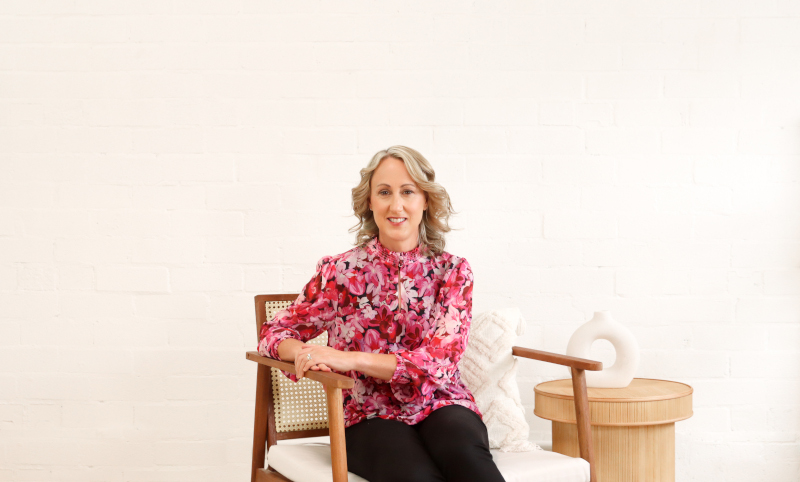
As we head into 2024, let's take a look at the future of Feedback.
I asked Zoë Routh, a leadership futurist, what she thinks feedback will look like in the workplaces of the future:
Intention:
‘There are things that stay the same and there are things that need more emphasis when it comes to the future of feedback. The thing that stays the same is intent, getting really clear on the intent you have for giving the feedback. I think too many leaders don't do that at all. When we say ‘feedback’, often it feels like constructive feedback, as opposed to positive feedback, but both are super important.

What I mean by intent, is, what is the actual purpose of the feedback? Is it to make you feel better because you're airing a grievance, which is not a great reason for feedback, (but it's often the one that drives the feedback). Or is your intention truly about helping that other person grow into a better leader? Is it to help either by reinforcing positive behaviour or by adjusting behaviours that are suboptimal, that are not having the impact that they wish, i.e. constructive feedback? It is important to get the intention of the feedback right and be clear on that from the beginning.’
The three Cs of the Future of Leadership:
‘The future of leadership requires a focus on creativity, collaboration and compassion. Those are the three Cs of the future of leadership, and the compassion piece needs to be dialed right up for feedback. Why compassion is important in the future of leadership is because the volatility, uncertainty and ambiguity of our future context is hyped right up. And if we're going to ask more of people, then we need to make sure that we're looking after them effectively.
Probably the thing that needs to be emphasised in the future of feedback is the component of compassion and care. That is one of the three major trends I see in the future of leadership broadly, which also applies to the future of feedback. As you think about compassion, where your circle of compassion begins and ends is a really important question for leaders of the future. It always begins with self, because without maintaining healthy boundaries and healthy practices as a leader, then we aren't able to execute effectively.’
Inclusion & Belonging:
‘If you look at the trends you see in modern workplaces, people have difficulty finding a sense of belonging. One of the things leaders need to work on extensively is creating a sense of place and community within their teams.
Part of developing psychological safety is making sure there's a sense of inclusion and belonging. That needs to be in place first before you go into positive and constructive feedback to allow for people's growth. All these things are interconnected and interwoven, but having a strong place for people to feel part of so that they can feel safe to receive and give feedback is going to be essential.’